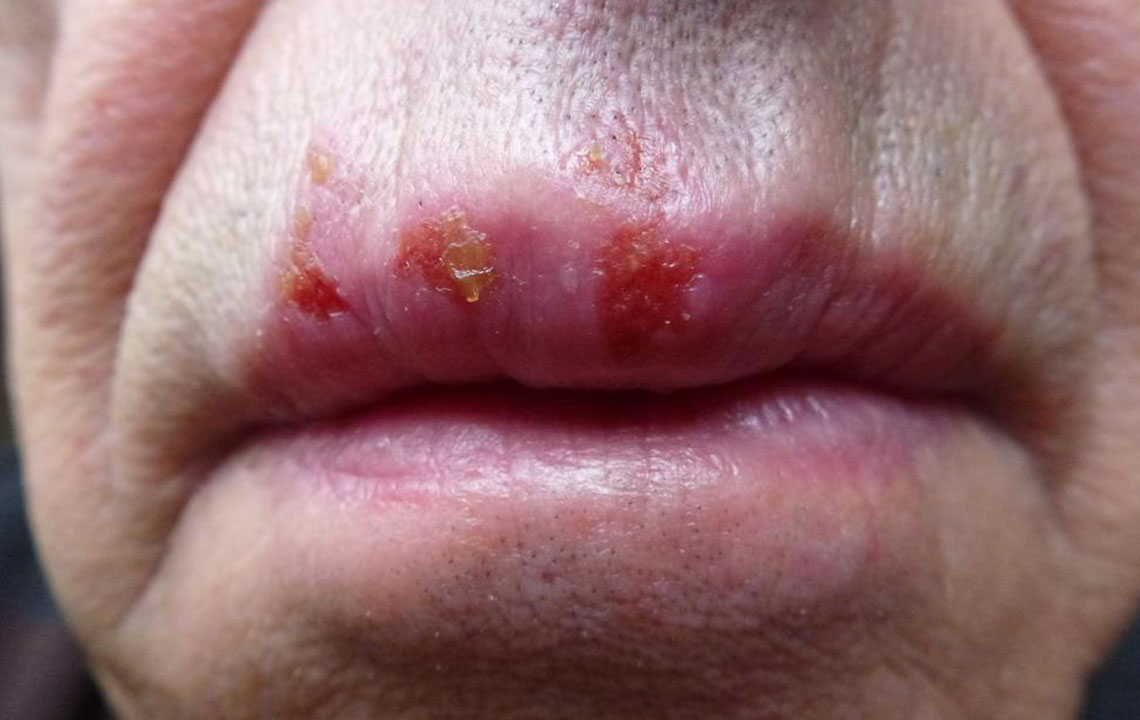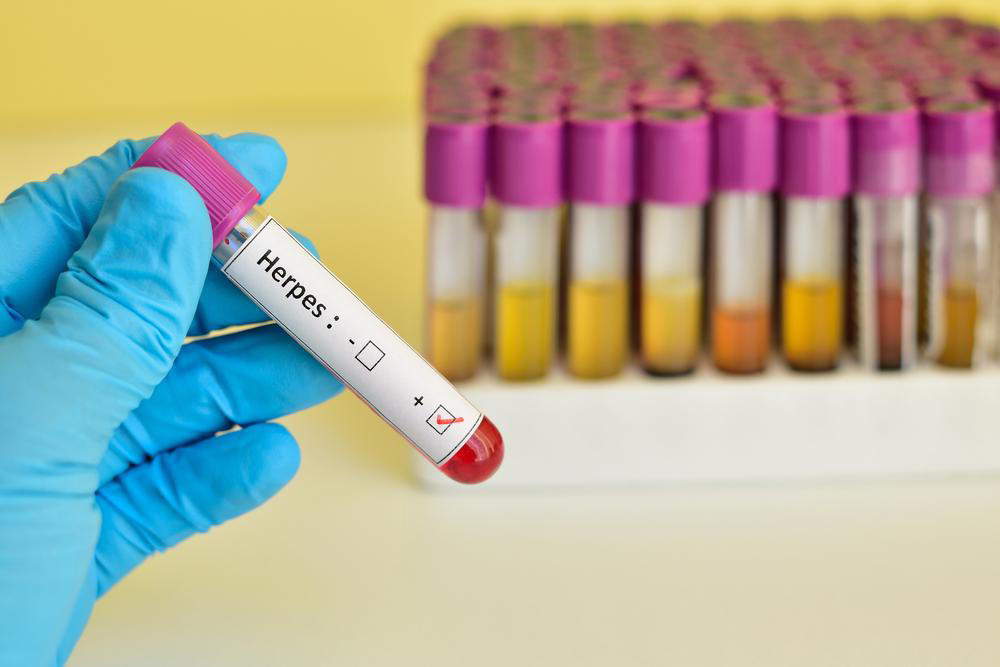Understanding Herpes: Causes, Transmission, and Management
Herpes is a common viral infection transmitted through contact, featuring sores around the mouth or genitals. While incurable, medications help control outbreaks. Preventive measures like safe sex and regular testing are essential to reduce transmission. Awareness of triggers such as stress and immunity issues can help manage the disease effectively.

Understanding Herpes: Causes, Transmission, and Management
Herpes is a widespread sexually transmitted infection caused by the herpes simplex virus. It manifests mainly as oral herpes (Herpes type 1) or genital herpes (Herpes type 2). Symptoms primarily include sores; oral herpes appears around the lips and mouth, while genital herpes affects the genital and anal areas. Interestingly, type 2 herpes sores can also occur on other body parts like the soles of the feet.
Herpes can spread through saliva during kissing or sharing personal items like toothbrushes in the case of oral herpes. Genital herpes transmits mainly via unprotected sexual contact and can also be passed from mother to child during childbirth, even without visible sores. The virus, often dormant, can reactivate and cause outbreaks triggered by factors such as lowered immunity, stress, fatigue, certain medications, menstruation, and sexual activity.
The initial herpes attack tends to be the most severe, causing discomfort, burning, and soreness in the affected areas. Oral herpes can cause tingling and burning around the lips. While there is no cure, antiviral medications help manage symptoms and reduce outbreaks. Practicing safe sex and regular testing are vital for prevention, especially with multiple partners.
Note:
Content on this site aims to inform rather than diagnose. Always consult a healthcare professional for medical advice, diagnosis, or treatment. The site’s information may not reflect the latest research or regional guidelines, and certain details or offers might be missing.










